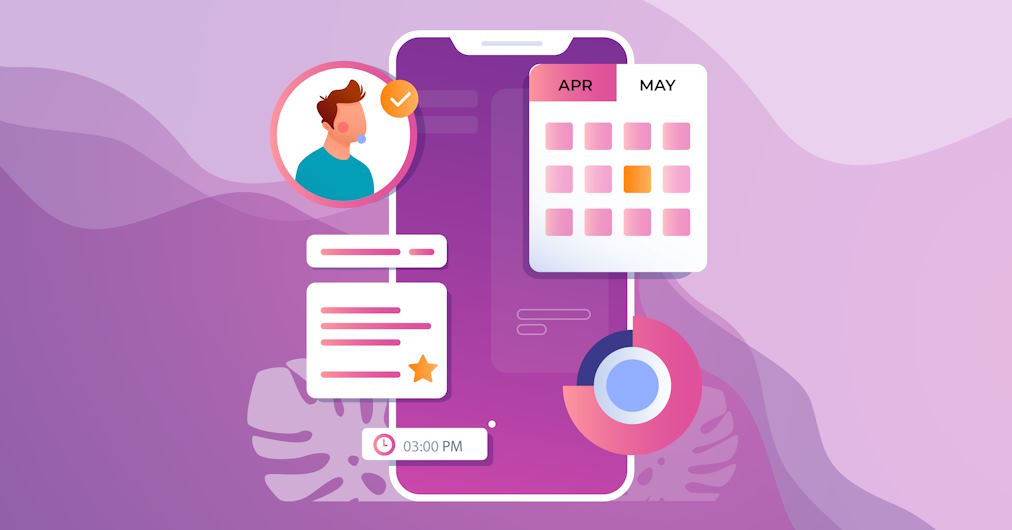
The Role of Event Planning Committees: Tips for Collaboration
The success of any event hinges not only on meticulous planning but also on the seamless coordination and cooperation of individuals working towards a common goal. In today’s fast-paced and interconnected world, where events vary in scale and complexity, the role of event planning committees has never been more crucial.
Tips for Effective Collaboration within Event Planning Committees
Establishing Clear Communication Channels
- Regular Meetings: Schedule regular meetings to discuss progress, address concerns, and brainstorm ideas. Consistency in meeting times fosters a sense of commitment and ensures that everyone is on the same page regarding the event’s direction and tasks.
- Utilizing Communication Tools: Embrace technology to facilitate communication among committee members. Utilize platforms like Slack, Trello, or Microsoft Teams to share updates, assign tasks, and collaborate in real-time. These tools streamline communication and keep everyone informed, even if they’re not physically present.
Defining Roles and Responsibilities
- Task Delegation: Clearly define each member’s role within the committee and delegate tasks based on individual strengths and expertise. Assigning specific responsibilities ensures accountability and prevents confusion regarding who is responsible for what aspect of the event.
- Accountability Mechanisms: Implement accountability mechanisms such as regular progress check-ins and status reports. Encourage members to update their progress and raise any challenges they encounter promptly. This transparency holds everyone accountable for their tasks and helps identify and address issues early on.
Building Trust and Fostering Teamwork
- Encouraging Open Dialogue: Foster an environment where members feel comfortable expressing their ideas, concerns, and suggestions openly. Encourage active participation and listen attentively to everyone’s input, regardless of their role or experience level.
- Resolving Conflicts Constructively: Conflict is inevitable, but it can be managed effectively with open communication and a willingness to find solutions. Encourage respectful dialogue, focus on understanding differing perspectives, and seek compromises that benefit the overall event planning process.
Setting Realistic Goals and Timelines
- Establishing Priorities: Identify the key objectives of the event and prioritize tasks accordingly. Focus on activities that contribute directly to achieving these goals and allocate resources effectively to maximize impact.
- Creating Achievable Milestones: Break down the event planning process into manageable milestones with realistic timelines. This approach helps prevent overwhelm, allows for better tracking of progress, and ensures that the committee stays on track to meet deadlines effectively.
Leveraging Technology for Efficient Collaboration
Utilizing Event Management Software
- Centralized Platforms for Planning and Coordination: Embrace the power of event management software to centralize planning efforts and streamline coordination among committee members. These platforms offer features such as shared calendars, document storage, and event timelines, providing a centralized hub for all event-related information. By consolidating resources in one place, event planners can enhance efficiency and ensure that everyone has access to the latest updates and documents.
- Tools for Task Management and Tracking Progress: Leverage task management tools within event management software to assign tasks, set deadlines, and track progress in real-time. With features like task assignments, status updates, and progress tracking, these tools enable seamless collaboration and accountability among committee members. By visualizing tasks and their statuses, event planners can identify bottlenecks, redistribute workloads, and ensure that the event stays on track to meet deadlines.

